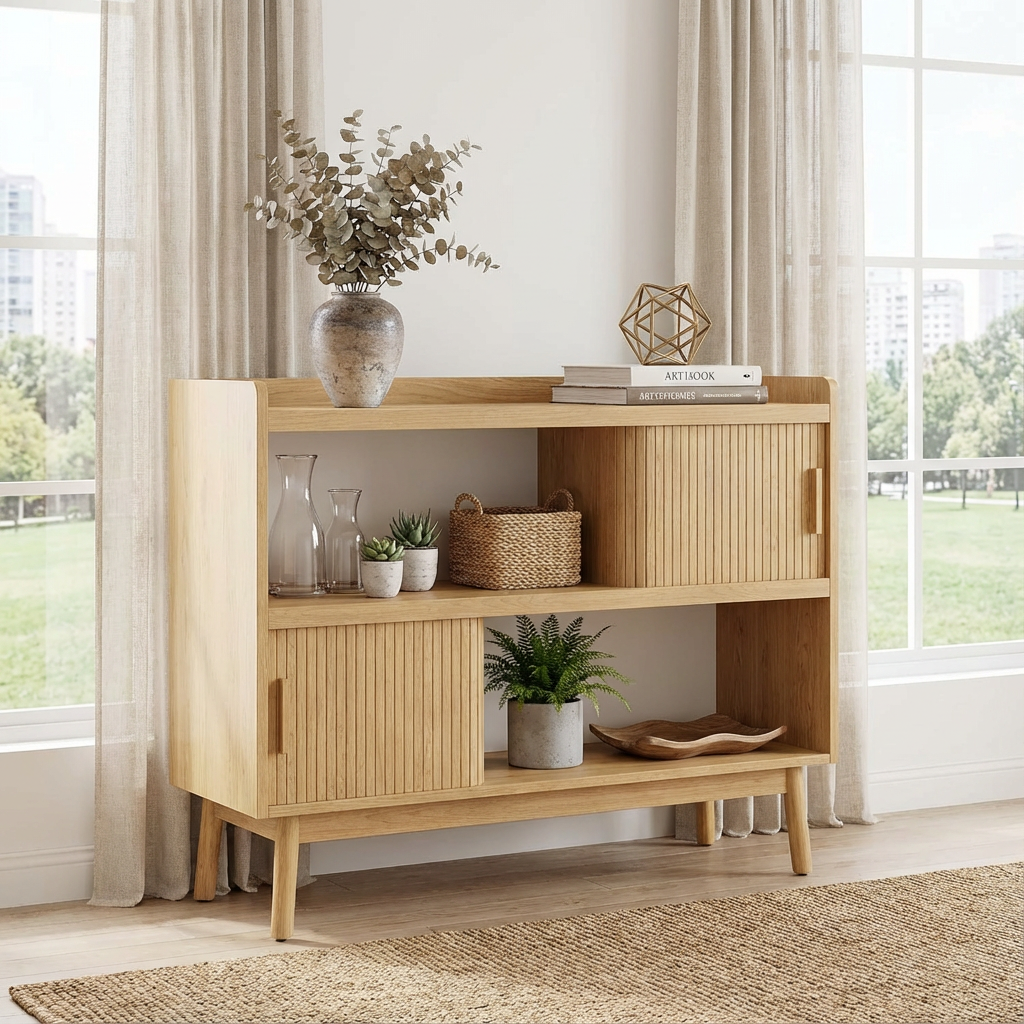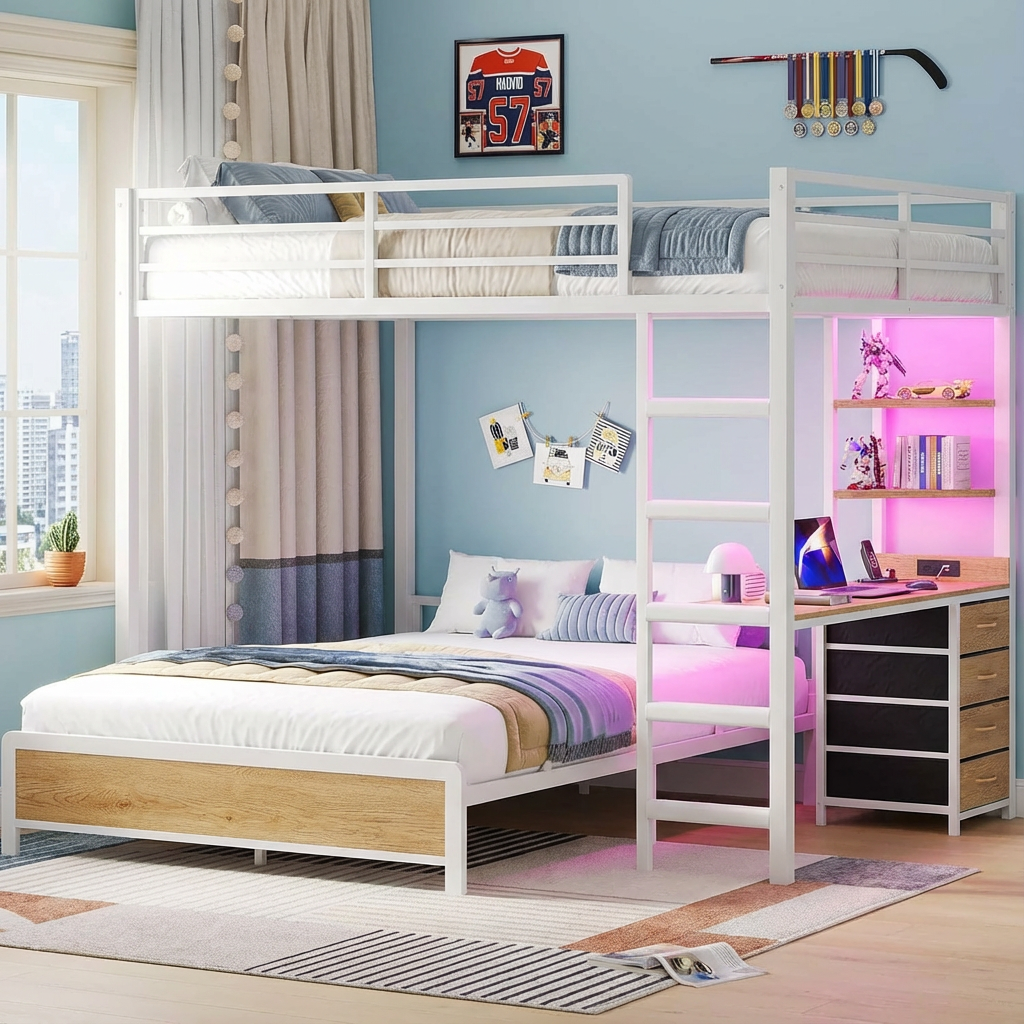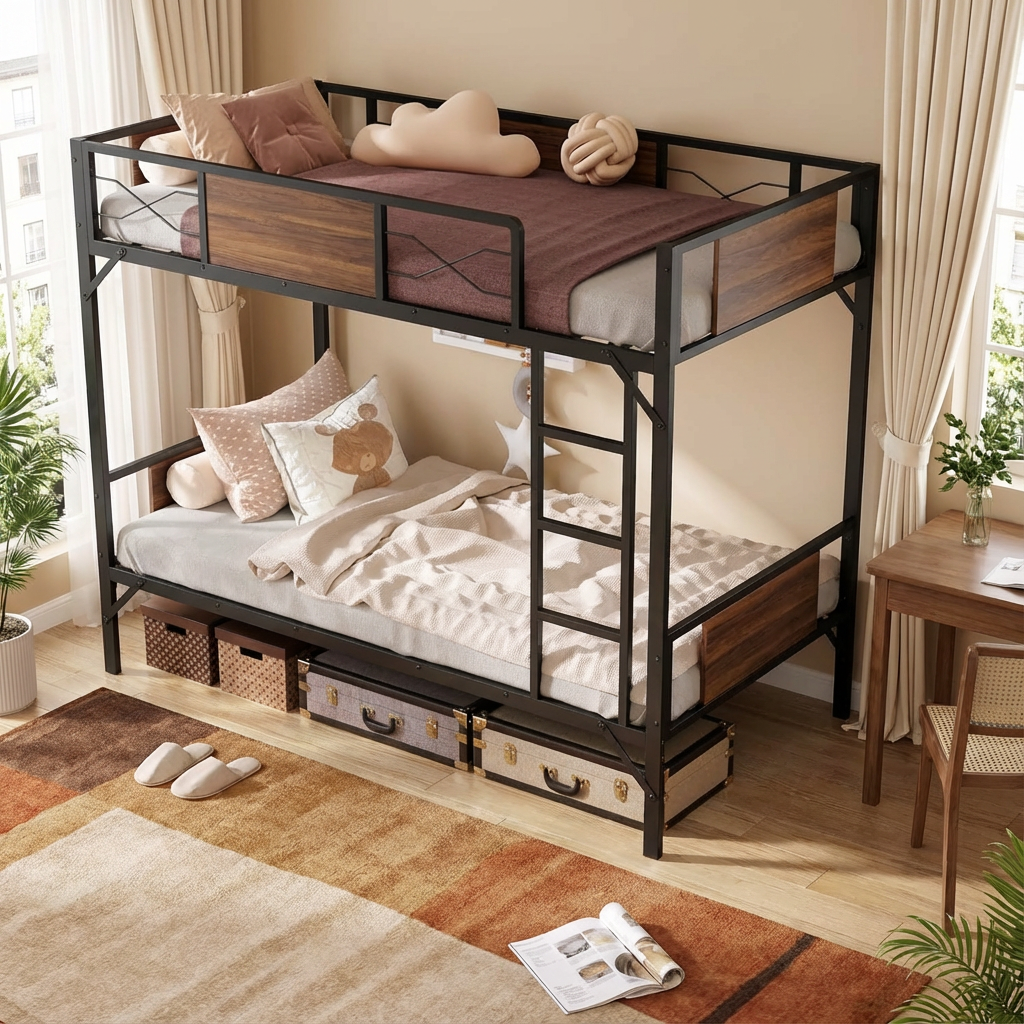In recent years, as global shopping habits have shifted, the furniture industry has witnessed a remarkable transition from traditional offline retail to online platforms. Whether in mature markets such as Europe and North America or in emerging regions like Southeast Asia, online furniture sales have been growing rapidly. Platforms such as Amazon, Wayfair, Shopee, and Lazada are becoming essential channels for furniture resellers, distributors, and brand owners to reach wider customer groups.
Yet, behind this growth lies a series of challenges. Furniture, as a bulky, complex, and logistically demanding product, poses unique difficulties in e-commerce. This article explores the key pain points faced by online furniture sellers and identifies the opportunities available, with the goal of providing valuable insights for B2B customers and partners.
I. Key Pain Points for Furniture Sellers on E-Commerce Platforms
1. High Logistics and Warehousing Costs
Furniture products are typically large and heavy, resulting in much higher transportation and warehousing costs compared to daily consumer goods.
*On platforms like Amazon FBA, storage fees for oversized items continue to rise year after year.
*International shipping cycles are long, and freight rates fluctuate dramatically, putting significant pressure on sellers’ cash flow.
*During transit, furniture is more prone to damage, and returns can lead to substantial losses.
2. Intense Competition and Product Homogenization
Common furniture categories such as storage racks, desks, and bed frames are heavily saturated on e-commerce platforms. Many products look similar, leaving sellers with little choice but to compete on price. Without distinctive design features or added functionality, it is difficult for products to stand out and achieve sustainable margins.
3. Supply Chain Responsiveness
E-commerce relies on fast inventory turnover and flexible restocking. However, many suppliers still operate under traditional production models, leading to:
*Long lead times, which make it hard to keep up with fast-moving demand.
*Stockout risks that can cause a sharp drop in product rankings and sales.
4. Customer Experience and After-Sales Challenges
Furniture often requires assembly. If the product lacks a clear instruction manual or is missing components, the likelihood of negative reviews increases. On platforms where product ratings directly impact visibility and sales, inadequate after-sales support can severely hurt a seller’s competitiveness.
II. Opportunities in the Online Furniture Market
Despite these challenges, the potential of online furniture sales remains vast. Industry research predicts that the global online furniture market will grow at an annual rate of 7%–10% over the next five years. For B2B clients and suppliers, several promising opportunities stand out:
1. Differentiated Design and Functional Innovation
Consumers on e-commerce platforms value both affordability and practicality. Products with unique functions or smart designs are more likely to attract attention:
Multifunctional furniture such as foldable desks, storage-integrated beds, and corner shelves.
Modular furniture that can be flexibly combined to suit different living spaces.
Youth-oriented styles such as Scandinavian minimalism, industrial chic, or modern steel-wood combinations that align with global aesthetic trends.
2. Eco-Friendly and Sustainable Development
Sustainability is becoming a core purchasing criterion. Furniture made with environmentally responsible materials is gaining popularity. Steel-wood furniture holds natural advantages in this regard:
Wooden components can be sourced from FSC-certified boards.
Steel elements are recyclable and long-lasting.
Emphasizing durability and eco-friendliness not only helps win customer trust but also aligns with global market trends.
3. Emerging Cross-Border E-Commerce Markets
Beyond Europe and North America, markets in Southeast Asia, the Middle East, and South America are expanding rapidly. These regions have large, young populations and growing demand for affordable, modern furniture.
Indonesia and Vietnam: Rising demand for school furniture and compact household solutions.
Middle East: Strong potential for metal beds and dormitory furniture.
South America: High acceptance of budget-friendly storage and shelving products.
4. Efficient Supply Chains and Flexible Manufacturing
Sellers prefer suppliers who can respond quickly to demand fluctuations. B2B customers with these capabilities are highly valued:
Small batch customization to support sellers testing new products.
Fast delivery to ensure that hot-selling items remain in stock.
OEM/ODM services to help sellers build differentiated product lines.
5. Branding and Content-Driven Marketing
Consumers on e-commerce platforms are paying more attention to brand identity and shopping experience. Beyond the product itself, content such as product videos, assembly guides, and authentic customer reviews can strongly influence purchase decisions. Suppliers who provide marketing support and brand-building resources add tremendous value to their B2B clients.
III. Key Takeaways for B2B Clients
For B2B partners in the furniture industry, the rise of e-commerce is both a challenge and an opportunity. The following factors will be critical:
Product Development: Focus on differentiation, multifunctionality, and sustainable design.
Supply Chain Management: Build speed, flexibility, and reliability into production and delivery.
Market Expansion: Explore growth beyond traditional Western markets into Southeast Asia, the Middle East, and South America.
Partnerships: Offer sellers more than just products—provide solutions such as OEM/ODM services, marketing content, and after-sales support.
Ultimately, e-commerce sellers will favor suppliers who truly understand their challenges and can offer tailored solutions. For suppliers, adapting to these needs is the key to securing long-term growth.
At Delux Furniture, we are committed to supporting e-commerce partners with home furniture solutions that combine smart design, flexible customization, and reliable delivery. By understanding the needs of B2B clients and addressing their pain points directly, we aim to help our partners achieve long-term success in the fast-growing online furniture market.Contact us now!





